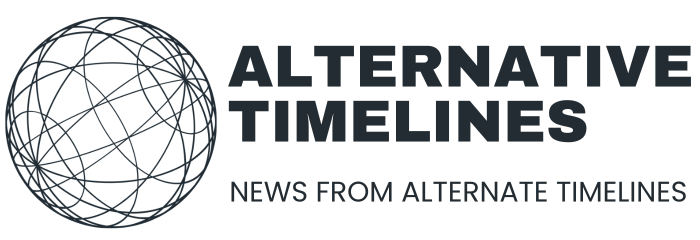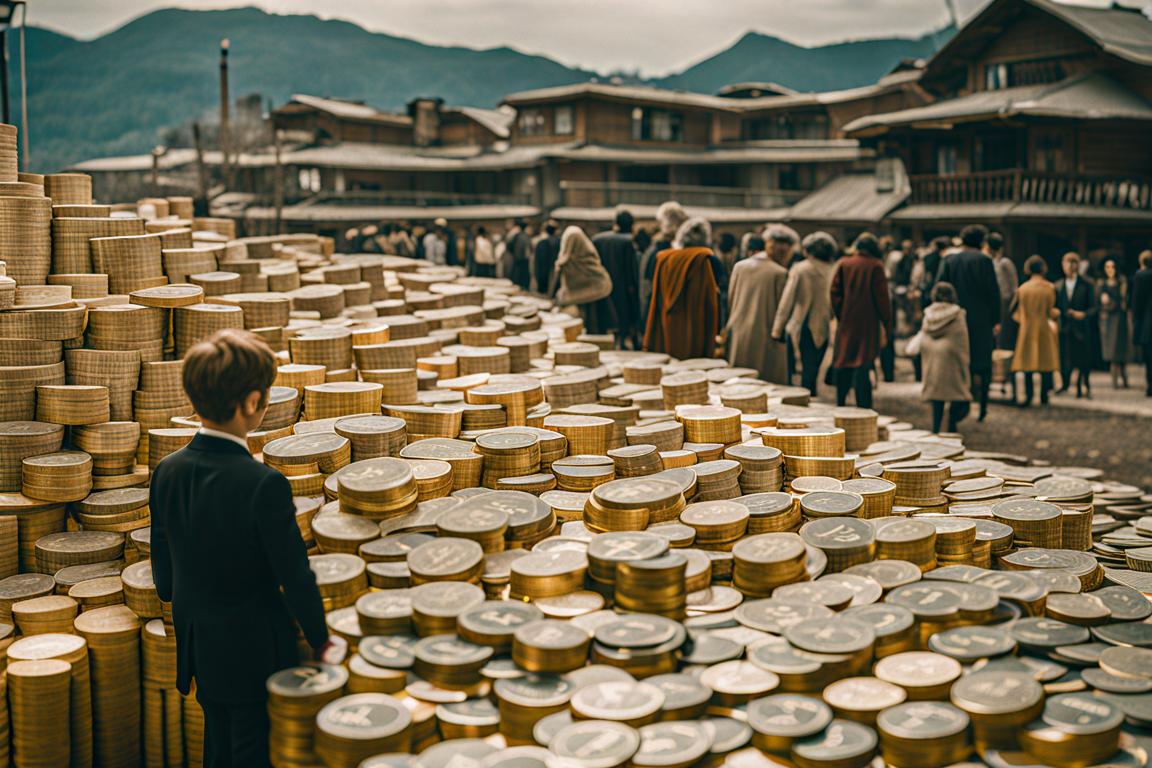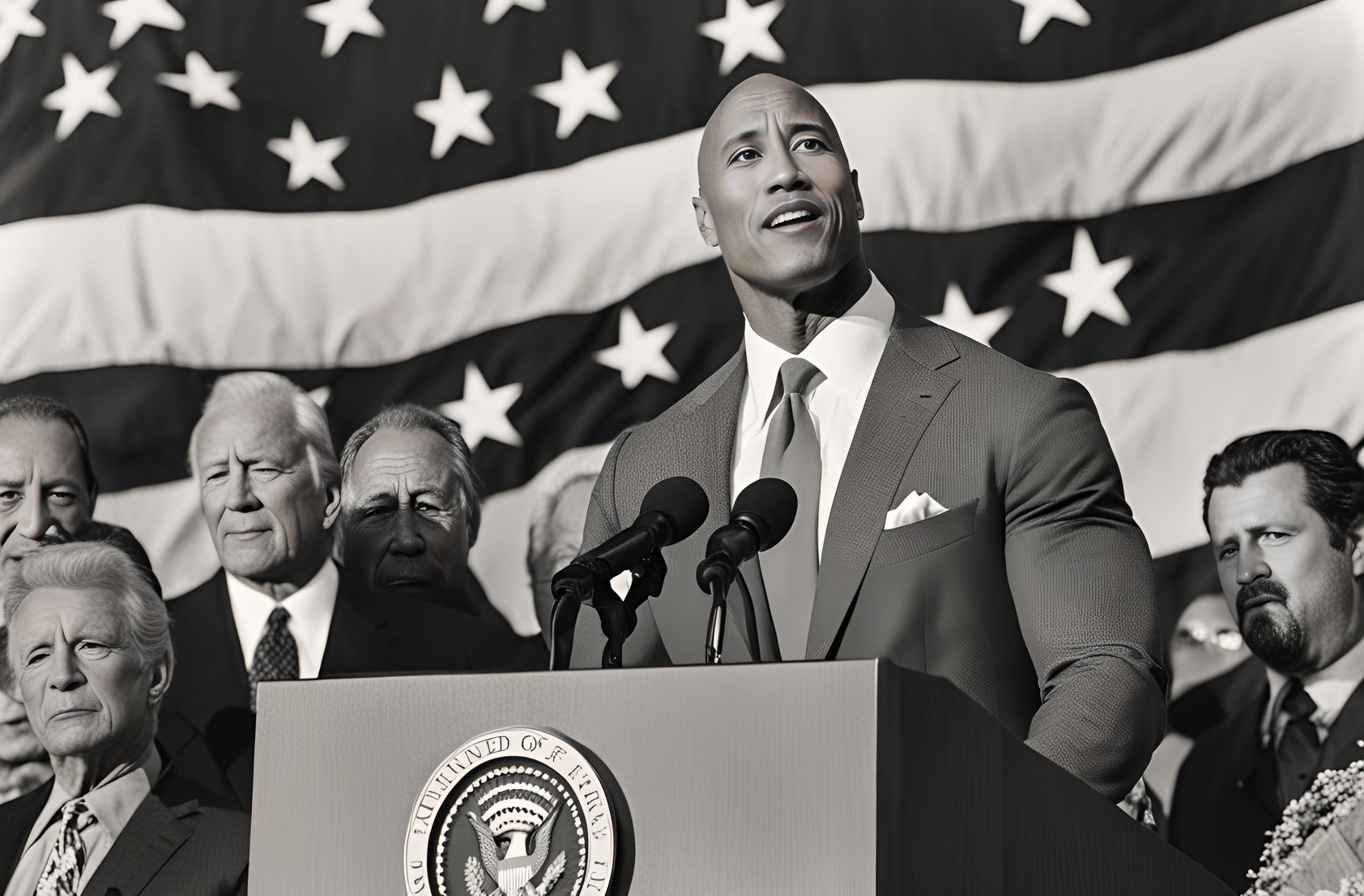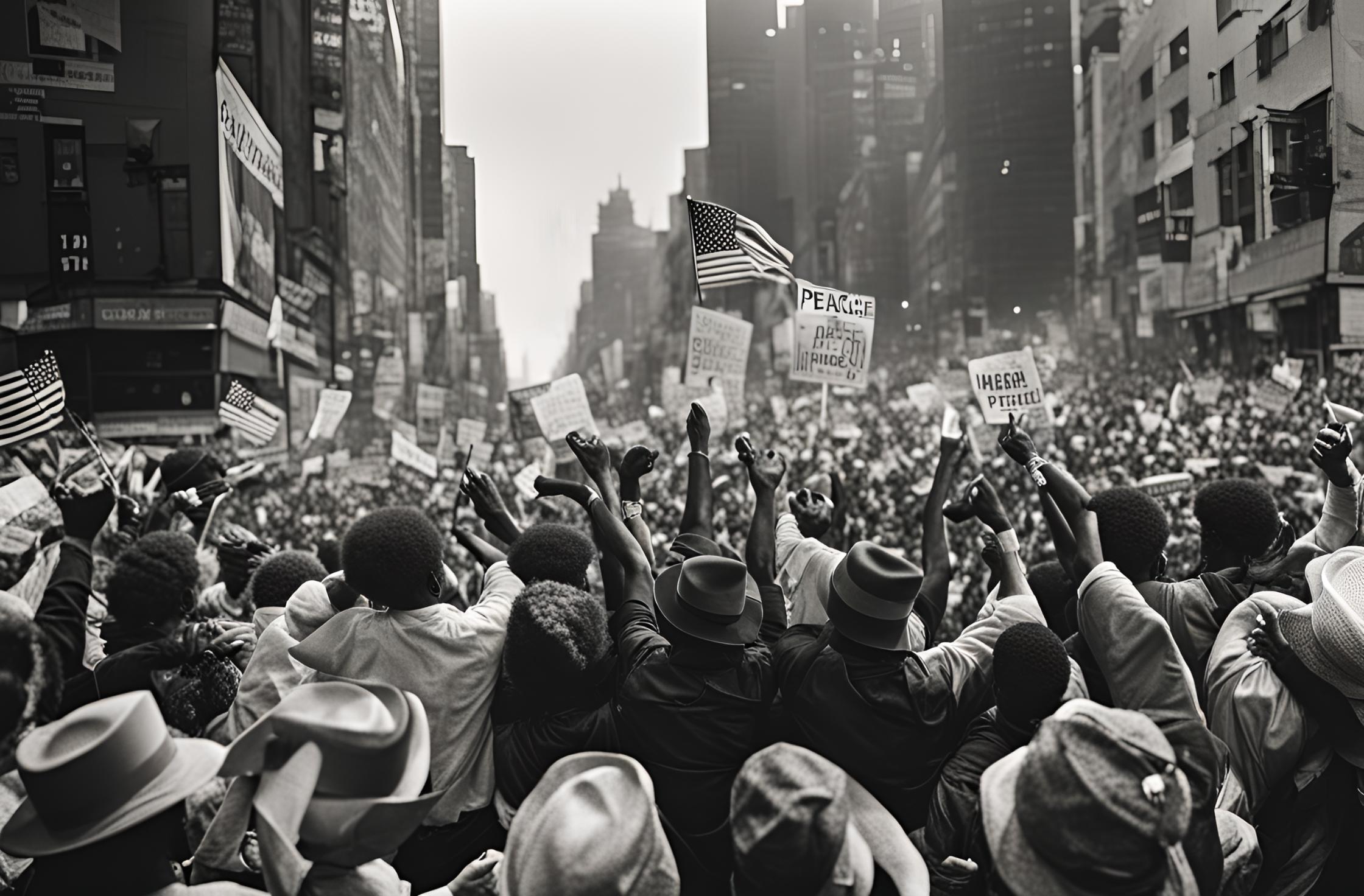
In the summer of 1944, the world teetered on the brink of an unprecedented revelation. A young physicist named Daniel Klein, working at the Los Alamos Laboratory, stumbled upon documents detailing the true purpose of the Manhattan Project: the development of an atomic bomb. Confronted with a profound moral dilemma, Klein made the fateful decision to leak this information to the public, believing that transparency could prevent the catastrophic use of such a weapon. His actions set off a chain of events that would alter the course of history.
The leak spread rapidly, first through underground newspapers and then into mainstream media. Headlines blared about the government’s secret endeavor to harness atomic power for destruction. Public reaction was immediate and visceral. Protests erupted across the United States and quickly spread to Europe and Asia. The world was gripped by fear, anger, and disbelief. Citizens demanded accountability and transparency from their leaders, and the clamor for peace became a global chorus.

Caught off guard by the leak, the U.S. government scrambled to contain the fallout. President Franklin D. Roosevelt, under mounting pressure both domestically and internationally, addressed the nation in a historic radio broadcast. He acknowledged the existence of the Manhattan Project but justified it as a necessary measure to end the war swiftly. However, the damage was done. Trust in the government eroded, and the American public became deeply divided over the ethical implications of using such a weapon.
As the protests gained momentum, a new movement emerged advocating for the peaceful use of nuclear energy. Scientists and intellectuals from around the world joined forces, calling for an international summit to discuss the future of nuclear technology. The summit, held in Geneva in early 1945, brought together world leaders, scientists, and activists to debate the moral and ethical responsibilities of harnessing atomic power. The discussions were tense and fraught with ideological clashes, but they ultimately led to the drafting of the Geneva Accord, a treaty that outlined strict regulations on nuclear research and development.
The treaty was a landmark achievement, establishing the International Atomic Energy Commission (IAEC) to oversee and enforce compliance. The IAEC’s mission was to ensure that nuclear technology would be used solely for peaceful purposes, such as energy production and medical advancements. The accord was hailed as a triumph of diplomacy and a testament to humanity’s ability to choose cooperation over conflict.
In the years that followed, the world witnessed a renaissance in scientific collaboration. The peaceful use of nuclear energy became a symbol of hope and progress. Nations invested in research to develop safe and sustainable nuclear power plants, reducing reliance on fossil fuels and mitigating the effects of climate change. Medical breakthroughs in radiation therapy and diagnostic imaging transformed healthcare, saving countless lives.
However, the shadow of the Manhattan Project leak lingered. The Cold War, though less intense without the immediate threat of nuclear annihilation, persisted as nations jockeyed for technological supremacy. Espionage and clandestine operations continued, as some countries sought to develop nuclear capabilities in secret. The IAEC faced constant challenges in monitoring compliance and preventing the proliferation of nuclear weapons.
Despite these challenges, the world managed to avoid the horrors of nuclear warfare. The collective memory of the leaked documents served as a powerful reminder of the potential consequences of unchecked power. The story of Daniel Klein, the whistleblower who changed the course of history, became a cautionary tale about the moral responsibilities of scientists and the importance of transparency in governance.
As the decades passed, the world continued to grapple with the complexities of nuclear technology. The Geneva Accord was periodically reviewed and updated to address new challenges and advancements. The spirit of international cooperation endured, driven by the shared understanding that the fate of humanity was intertwined with the choices made in the wake of the Manhattan Project leak.




